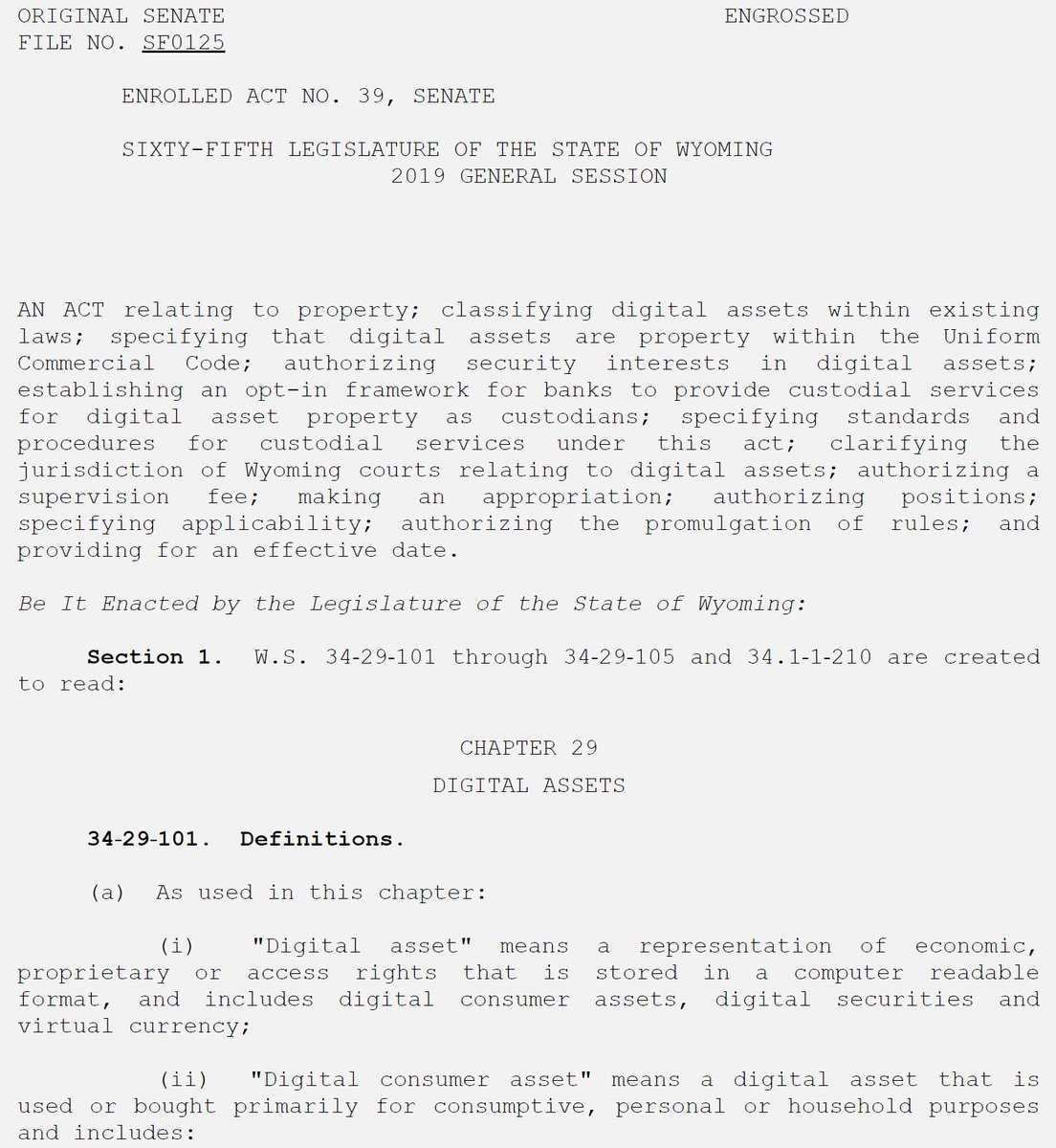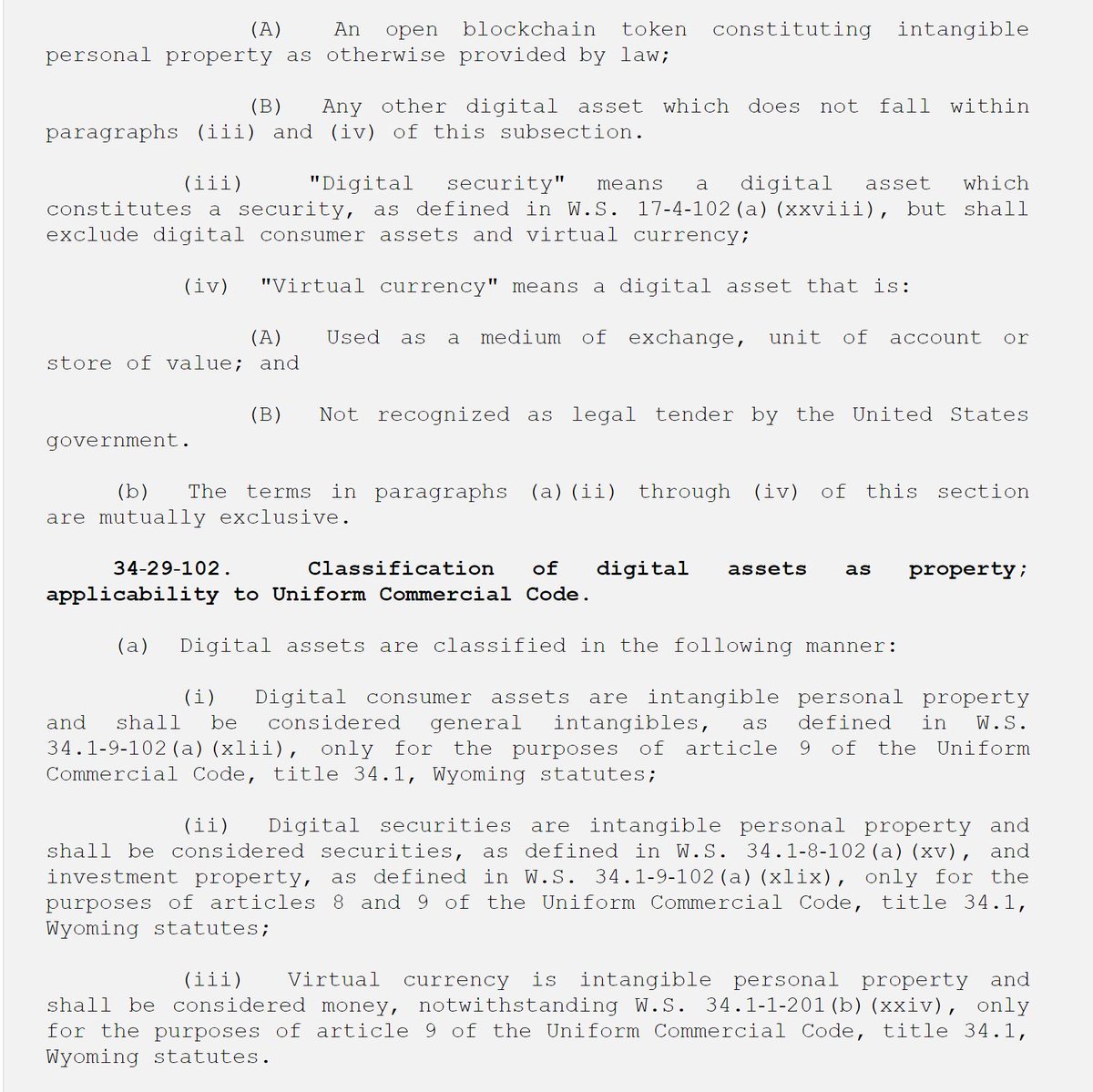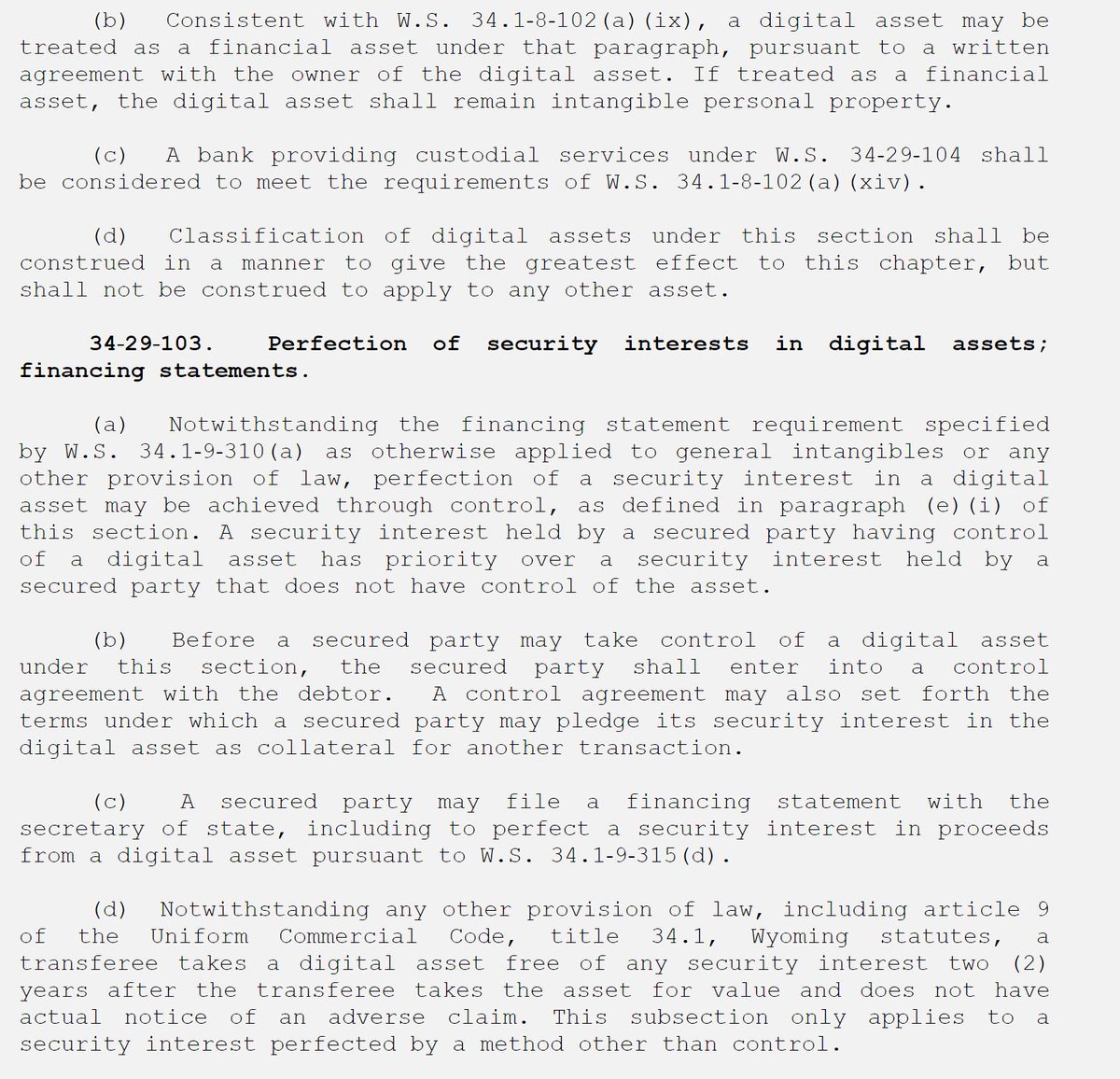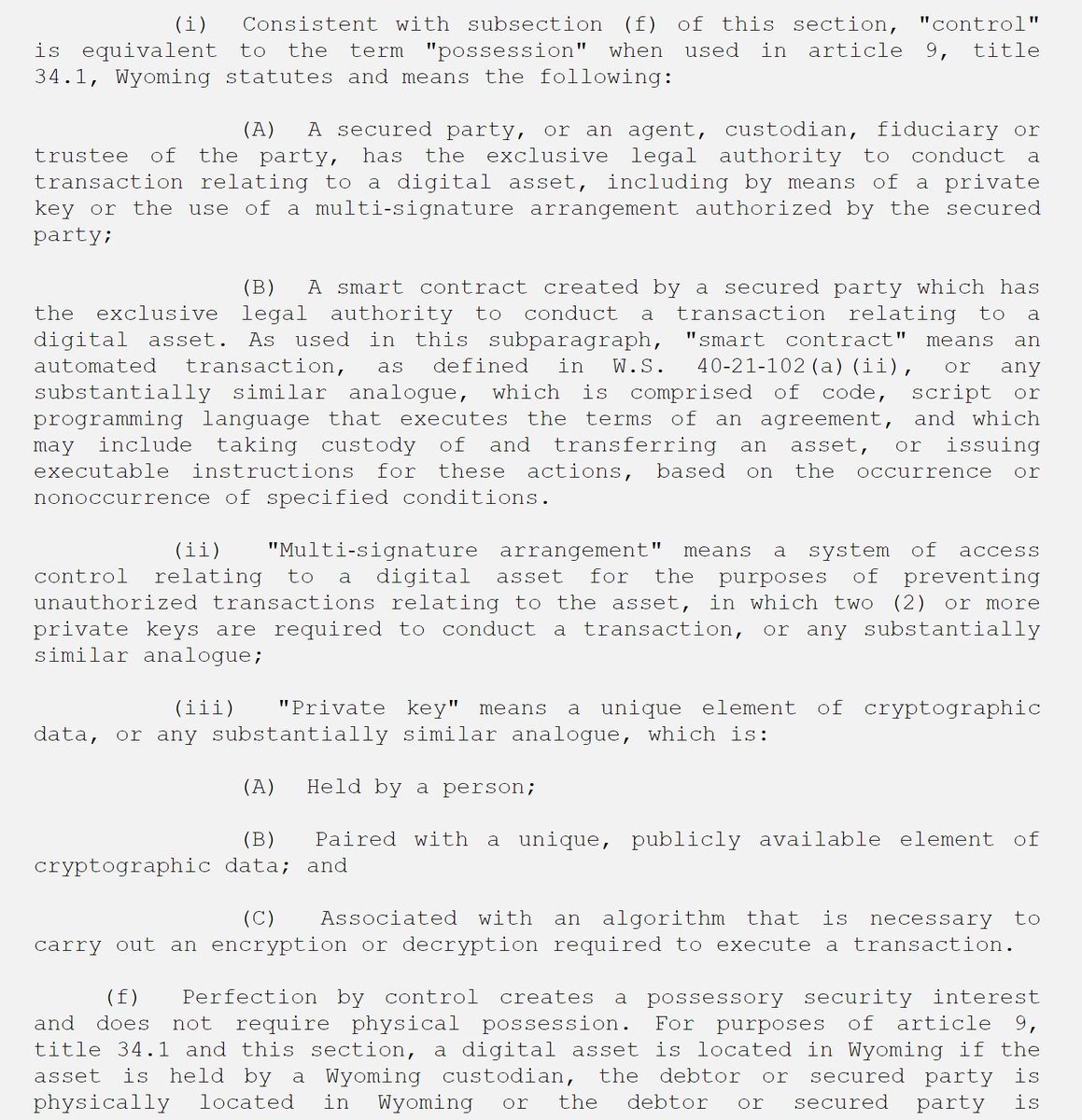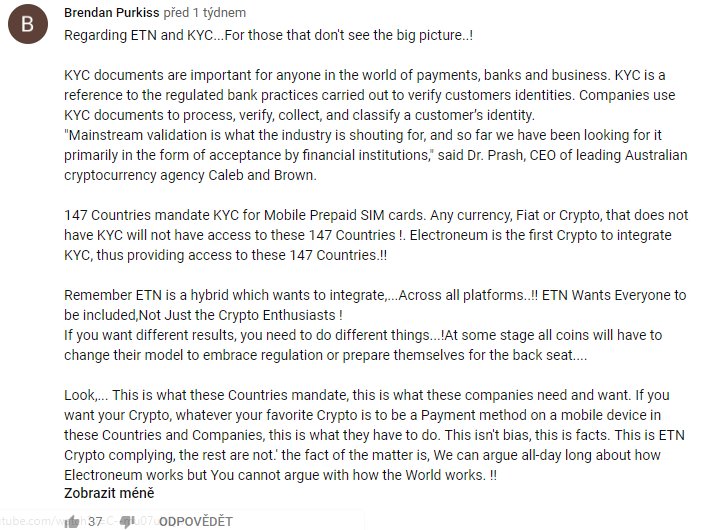Okay, so it doesn't answer any big questions about crypto regulation, but if you thought it would, you kind of deserve to be disappointed. I, for one, choose to be (mostly) happy with this thing.
Thread. 👇
The SEC does not make the law. The Framework isn't binding on anyone, not even the SEC itself. SEC lawyers can only decide their own enforcement strategy, but they can be wrong & they can lose in court.
The Framework is the SEC's long-awaited "plain English" guidance for ICOs, a solid 13 pages (including many legal citations) explaining how the SEC thinks each prong of the Howey test applies to digital assets.
scribd.com/document/40426…
Instead, I'll cover what this thing actually means for the industry, how lawyers like me will use it, & what the SEC wants next.
- an investment of money
- in a common enterprise
- with a reasonable expectation of profit
- based on the efforts of others
*You* devs. *You* founders. *You* buidlers.
I see a positive message here. The SEC is saying: "we want you to succeed, we just want you to work with us along the way."
Before now, the SEC's go-to resource for this purpose was the 2017 DAO Report, which--all due respect--is useless garbage in 2019.
The Report is dead; long live the Framework.
scribd.com/document/35471…
Take a checklist of all the characteristics listed here--someone's done this already, I bet--and you have solid ground to analyze any given ICO.
We may not like what they have to say--they do seem to think everything that exists is a security--but at least they're talking to us.
I expect that the Framework will push more ICOs into SAFT-based private placements--sales to accredited investors--going forward.
Certain points in the Framework are painfully obvious, while others are painfully vague. Some seem nearly impossible to satisfy, and some, in my view, are dead wrong & would never hold up in court.
"[T]he lack of monetary consideration for digital assets . . . does not mean that the investment of money prong is not satisfied; . . . an airdrop may constitute a sale or distribution of securities."
🤬
No surprise, the SEC doesn't cite any case law to support this point. I think they could have done a much better job on airdrops.
How much longer will we wait for the SEC to give us "plain English" guidance on all the other, tougher questions plaguing the crypto industry today?
- Does the SEC have jurisdiction over offshore ICOs that excluded US citizens?
- What will the SEC do with offshore exchanges open to US citizens?
- Are DEX teams expected to register their code with the SEC?
"We encourage market participants to seek the advice of securities counsel and engage with the Staff through sec.gov/finhub."
That's because, if it wasn't clear by now, the SEC won't be adopting any bright-line rules for crypto. The securities laws depend on the unique "facts and circumstances" of each particular case.
Of course, talking openly to securities regulators isn't always advisable.
coindesk.com/sec-issues-fir…
But that's not what it was for. It was another message from the SEC: "if you come talk to us, we'll go easy." If you don't? 🤷♂️
[end]

